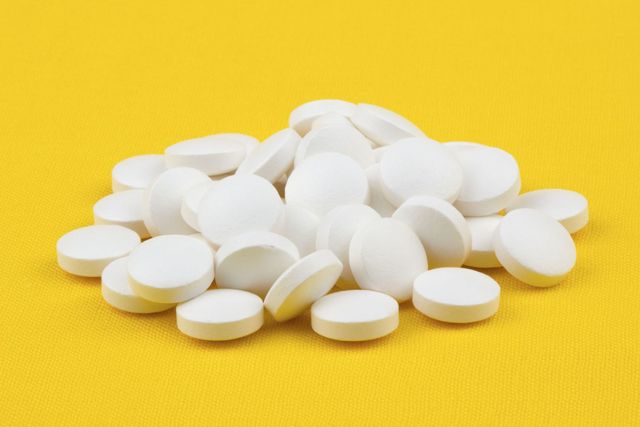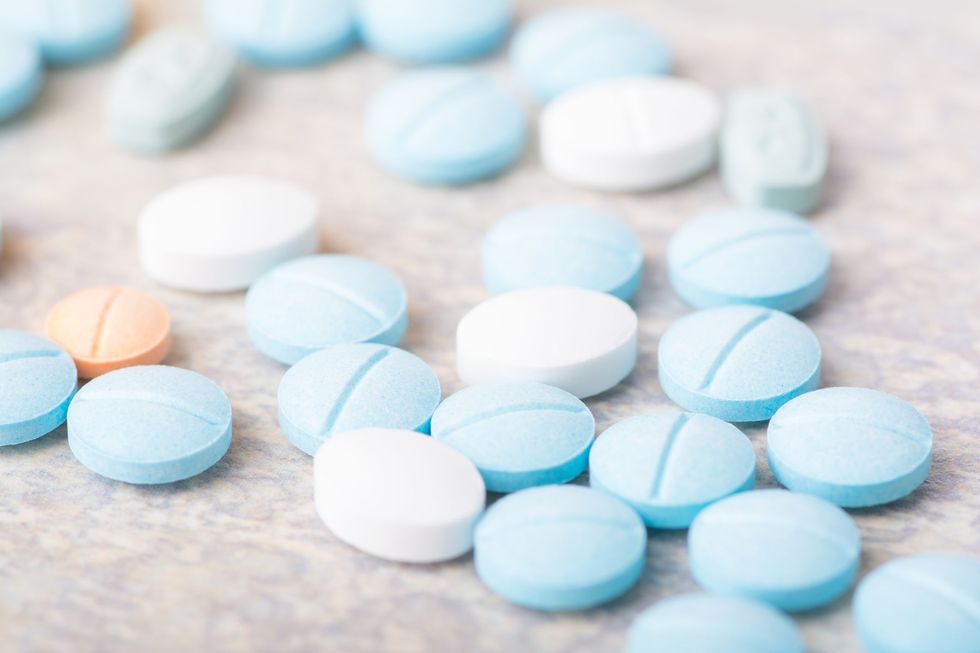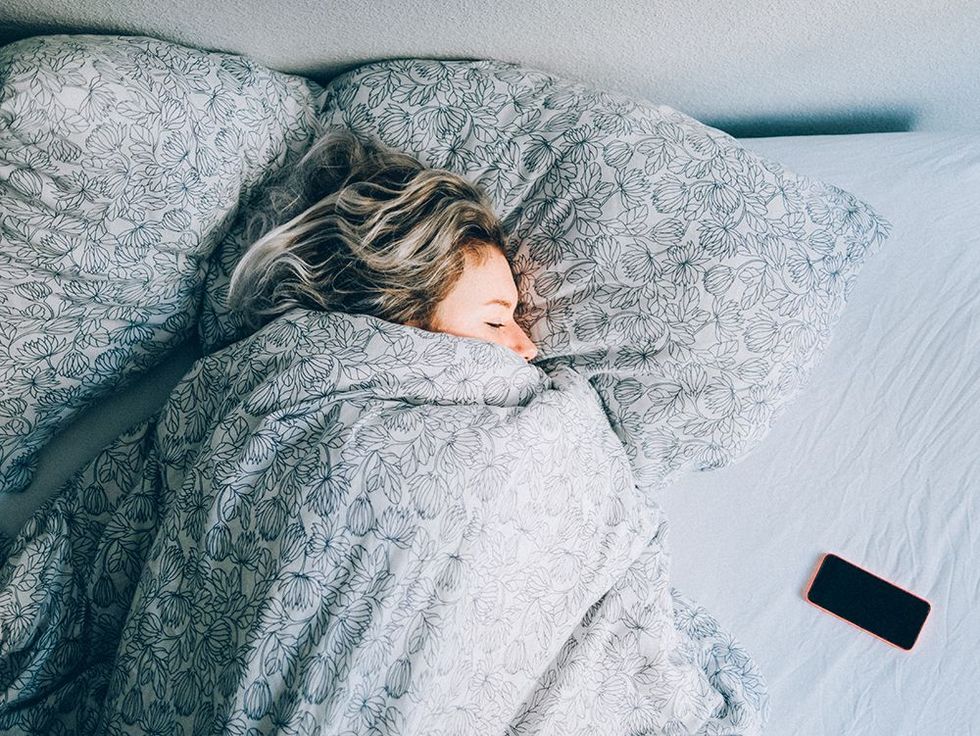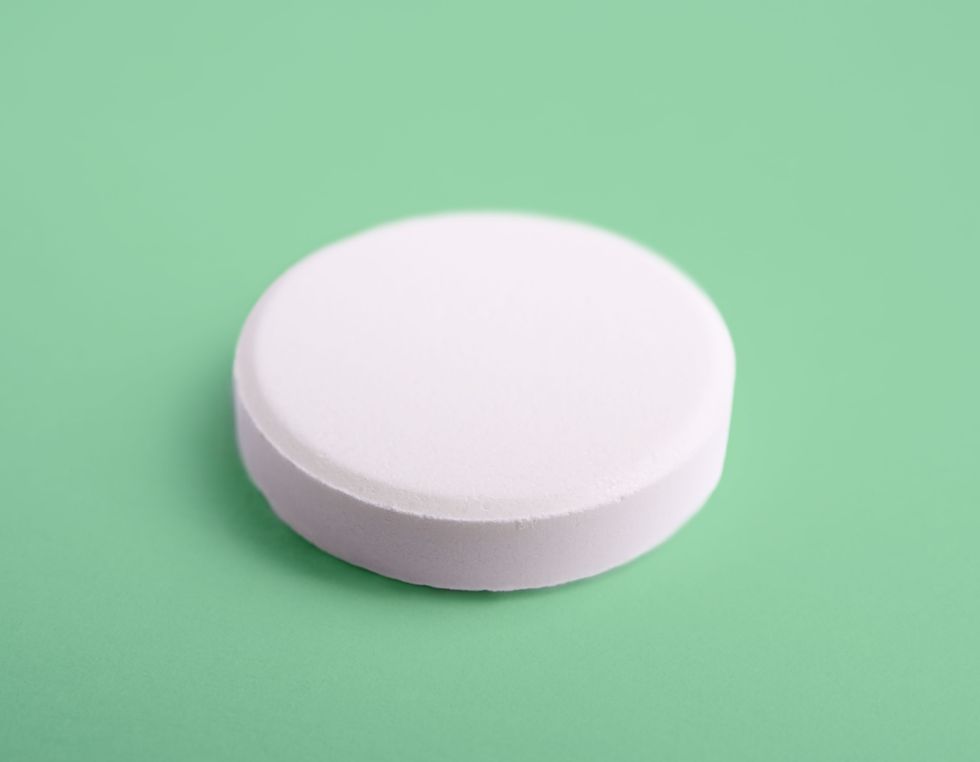Starting medication for depression can feel like a huge step, and it's normal to worry about what it means for you and your long term mental health. But if you've been diagnosed with depression and prescribed antidepressants, it's just like taking medicine for a physical condition. They're simply another treatment option to help you get better.
Like any drug, everyone has an individual response to antidepressants, though there are some common threads in the experience, and knowing what to expect can help you weather the side effects and know if your medication is working.
What antidepressants will you take?
There are several different categories of antidepressant medication, and different medicines within those, so if one isn't working for your body and your brain, don't be disheartened - there are always other options.
You're most likely to be prescribed an SSRI (selective serotonin reuptake inhibitors). Put simply, they're thought to work by increasing the amount of seratonin (a hormone linked to mood, emotion and sleep) in your brain.
Psychologist Richard Reid from Pinnacle Therapy talked to us about what you can expect when you're first prescribed them.
"GPs tend to have a preferred drug they prescribe, that they've had good results with. So they might always prescribe citalopram or sertraline in the first instance, but if they don't suit, there are other options."
He explains that there are two things to keep in mind when you first start taking antidepressants. The first is that they won't work immediately.
"SSRIs build up in your system so you won't feel the full benefits for a few weeks. The placebo effect can work faster than that, though, so you might find that you seem to feel better before the drug has really kicked in.
"This hope can bring a big lift and the fact that you can take some control can have an impact on its own."
This is something to bear in mind if you initially feel better and then seem to get worse or plateaux. It could be that you're on the wrong dosage, or that what you thought was making the difference was the drug, but actually it was the act of taking it.
The second thing to remember is that an antidepressant prescription is not for life.
"Unless it's something extreme it only has to be a short term thing," Richard says. "Weeks or months. If you go beyond that it's just masking everyday issues. That's why it's important to check in with your GP and to combine it with talking therapy to help you tackle the underlying issues."
What to expect at the beginning
"A common experience is to feel detached from your emotions," says Richard. "You're still aware that feelings are there but there's a disconnect from them. Instead of extreme highs and lows, there can be an element of flatlining and some people find that disconcerting."
Physically too, there may be some side effects to deal with while your body gets used to the medicine. Feeling sick, having a dry mouth, and losing interest in sex are all quite common.
"It varies enormously," says Richard. "Even with the same medication, people react in different ways. You may find you get increased anxiety at the beginning, and a lot of people have difficulty sleeping and strange or lucid dreams."
These side effects should all lessen after a week or two, and for for the most part antidepressants shouldn't stop you working, or change your lifestyle too dramatically.
"I get asked a lot if you can drink on them," says Richard. "You can, but remember alcohol is a depressant so it can be helpful to avoid it if you find it makes you feel worse."
How will you feel if they're working?
Antidepressants are designed to help you feel 'normal' again and to allow you to function as you did before you were depressed. But it can be hard to know, especially if you've been unwell for a long time and can't remember what it's like not to have depression.
Feeling able and enthusiastic to participate in everyday life again is a sign you're improving, and you should find your energy levels get better.
"If they're working, you should feel that you're back in your normal range and feel able to deal with things that crop up," say Richard.
"For most people, depression is linked to how they deal with the issues in their everyday life, so medicine can give them a reprieve, but learning to deal with these issues in a healthy way is vital for long term mental wellbeing.
"Antidepressants are a plaster over the wound but you need to treat the underlying cause with talking therapy so you can cope better in the future."
When to go back to your GP
In some cases, the drugs won't be right for you, and it's always a good idea to go back to your GP if you're worried.
"In most cases the medication will be absolutely fine," reassures Richard. "It should take a few weeks to have its effect so if it doesn't feel like it's heading in the right direction within two to three weeks, go back to your doctor - even if it's just to get reassurance.
"If you're still feeling very down, your anxiety isn't improving, or if you're struggling to sleep, get yourself checked out."
When will you be ready to come off antidepressants?
Just as starting antidepressants can be daunting, the idea of stopping them can be too, especially if they've brought a big improvement.
"When you've been feeling well for a little while, talk to your GP about how you come off the medication, then you can test if you're ability to deal with everyday issues that you weren't able to handle before," says Richard.
"You may find that you need to be on the antidepressants for a little longer, or perhaps at a lower dose. Or you may find the drugs have done what they needed and you're in a position to cope without them."
Remember, you can experience withdrawal when you stop taking SSRIs abruptly, so it's important to reduce your dose slowly, as directed by your doctor. You may also find it helpful to continue with talking therapy after you finish your course of antidepressants.
Depression is horrible thing to experience, but it's very treatable, so don't be afraid of asking for help and taking control - even if that means medication.

















